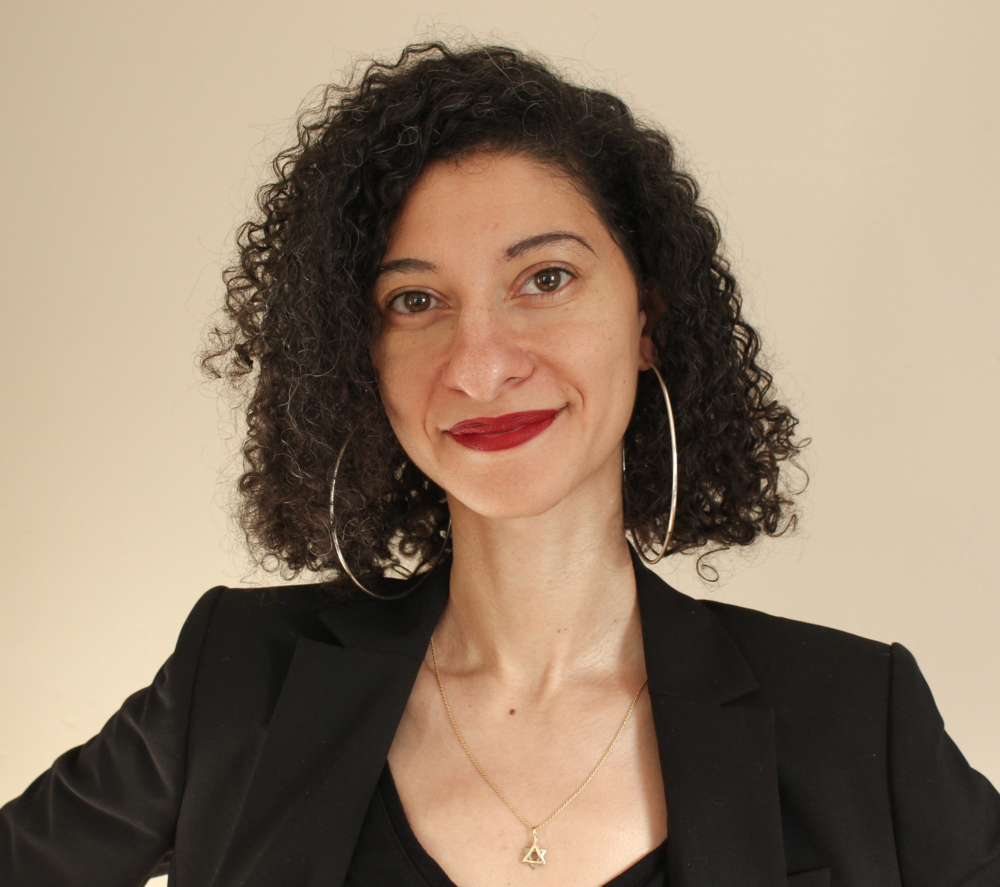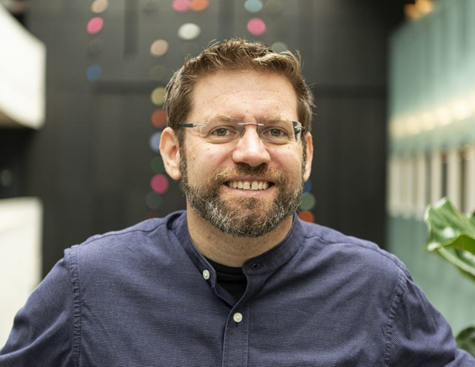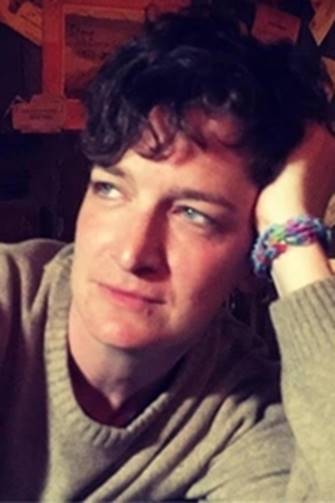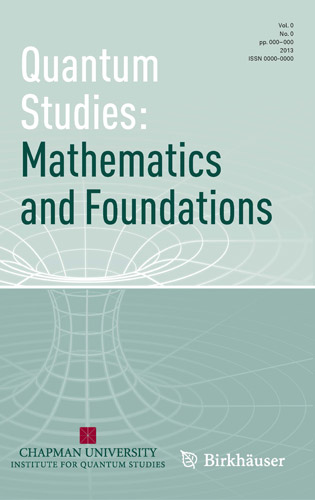»Past Conferences & Events
The Disordered Cosmos - A Popular Science Discussion with Chandra Prescod-Weinstein
 Wednesday, 24 March 2021 @ 5 PM.
Wednesday, 24 March 2021 @ 5 PM.
The Institute for Quantum Studies at Chapman University presents an online discussion between Dr. Chanda Prescod-Weinstein (University of New Hampshire) and Dr. Matthew Leifer (co-Director of the Institute for Quantum Studies at Chapman). Dr. Prescod-Weinstein is an assistant professor of physics and astronomy and core faculty in women’s and gender studies at the University of New Hampshire. The author of The Disordered Cosmos: A Journey into Dark Matter, Spacetime, and Dreams Deferred, she is also a columnist for New Scientist and Physics World. Her research in theoretical physics focuses on cosmology, neutron stars, and dark matter. She also does research in Black feminist science, technology, and society studies. Nature recognized her as one of 10 people who shaped science in 2020, and Essence magazine has recognized her as one of “15 Black Women Who Are Paving the Way in STEM and Breaking Barriers.” A cofounder of Particles for Justice, she received the 2017 LGBT+ Physicists Acknowledgement of Excellence Award for her contributions to improving conditions for marginalized people in physics and the 2021 American Physical Society Edward A. Bouchet Award for her contributions to particle cosmology. Originally from East L.A., she divides her time between the New Hampshire Seacoast and Cambridge, Massachusetts. The conversation will be broadcast live on YouTube at https://rebrand.ly/IQSPrescod-Weinstein There will be a book giveaway and an opportunity for audience Q&A after the event.
Quantum Cause and Effect - A Popular Science Discussion with Rob Spekkens
 Wednesday, 17 February @ 5 PM
Wednesday, 17 February @ 5 PM
The Institute for Quantum Studies at Chapman University presents an online discussion between Dr. Rob Spekkens (Perimeter Institute) and Dr. Matthew Leifer (co-Director of the Institute for Quantum Studies at Chapman) on quantum causality. Robert Spekkens received his B.Sc. in physics and philosophy from McGill University and completed his M.Sc. and Ph.D. in Physics at the University of Toronto. He held a postdoctoral fellowship at Perimeter Institute and an International Royal Society Fellowship at the University of Cambridge. He has been a faculty member at Perimeter Institute since November 2008. His research is focused upon identifying the conceptual innovations that distinguish quantum theories from classical theories and investigating their significance for axiomatization, interpretation, and the implementation of various information-theoretic tasks. His recent work includes new approaches to understanding causality in quantum mechanics and beyond. The conversation will be broadcast live on YouTube at https://rebrand.ly/IQSSpekkens There will be an opportunity for audience Q&A after the event.
Quantum Mechanics and Nonlocality - A Popular Physics Discussion Travis Norsen

Wednesday, 18 November @ 5PM
The Institute for Quantum Studies at Chapman University presents an online discussion between Kate Greene, Anna Leahy and Doug Dechow. Kate Greene is a science writer and poet, and the author of the book "Once Upon a Time I Lived on Mars" about her experience participating in NASA’s first HI-SEAS mission, a simulated Martian environment located on the slopes of Mauna Loa in Hawai'i. Anna Leahy is the director of Chapman's MFA program in Creative Writing, a poet, and nonfiction author. Doug Dechow is Chapman's Engineering, Science and Digital Humanities Librarian. A married couple, Anna and Doug are coauthors of the book "Generation Space: A Love Story" that describes their love affair with space travel and with each other. The conversation will be streamed live on YouTube at https://rebrand.ly/IQSGreene and there will be a book giveaway and Q&A at the end of the event.
A Popular Talk from Sean Carroll
 The Many Worlds of Quantum Mechanics by Sean Carroll. Wednesday, September 16 @5PM
PDT.
The Many Worlds of Quantum Mechanics by Sean Carroll. Wednesday, September 16 @5PM
PDT.
The Institute for Quantum Studies presents an online discussion between Dr. Sean Carroll (Caltech) and Dr. Matthew Leifer (co-Director of the Institute for Quantum Studies) on the many-worlds interpretation of quantum mechanics. Dr. Carroll is a theoretical physicist, specializing in quantum mechanics, gravitation, cosmology, statistical mechanics, and foundations of physics. He is also a prolific author of popular science books, and his latest, Something Deeply Hidden: Quantum Worlds and the Emergence of Spacetime, argues that quantum mechanics is best explained in terms of multiple universes that are constantly splitting from one another, and explains how this point of view may help us to understand quantum gravity. This will be the topic of conversation with Dr. Leifer, which will be accessible to a general audience. The conversation will be broadcast live on YouTube at https://rebrand.ly/IQSCarroll. There will be an opportunity for audience Q&A and a book giveaway during the event.
 Visit the IQS YouTub Channel!
Visit the IQS YouTub Channel!